Reduced Inequalities


SDG 10 - Serving the Underserved in Israeli society
“Speak up for those who cannot speak for themselves” (Proverbs 31:8) For every stage of life, Israel offers assistance and programs to alleviate the situations of some of the most vulnerable populations in Israeli society: From youth-at-risk, to destitute adults and new immigrants, to persons with disabilities, to the elderly…all while strengthening their status.
Allowing youth-at-risk to remain with their families and communities – rather than institutionalizing them – is a dream that has been realized. Scholastic achievements are rewarded and dropouts have been reduced through employment alternatives and programs for parents, family members and educational staff. Projects that expand the range of possibilities and maximize opportunities and abilities of young people and their families are available for children with behavioral and emotional problems, children with special needs, and those at risk for becoming involved in criminal activity.
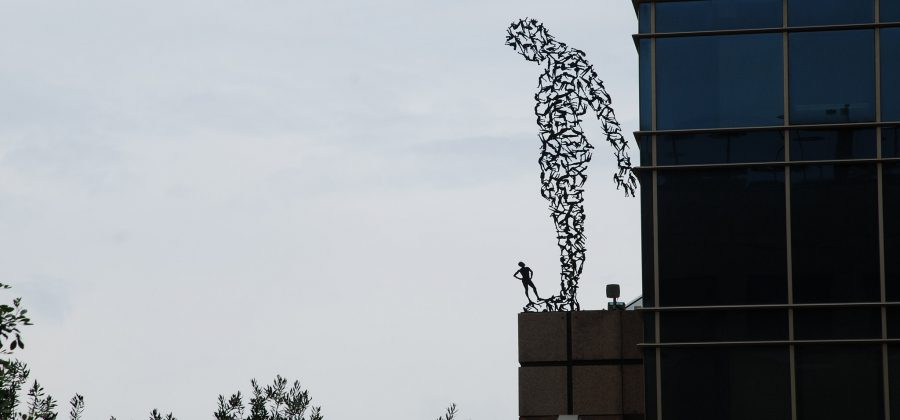

Marginalized and destitute individuals are encouraged to find employment through government programs that will ensure easy integration into society. They are taught perseverance, in return they are offered occupational stability. Equal employment opportunity is emphasized, with the integration of diverse populations, including new immigrants, in the labor market. The goal of these combined efforts is to break the cycle of poverty.
In Israel there are more than 800,000 people with disabilities between the ages of 21 and 65. They face a variety of types of physical, mental, sensory or cognitive disabilities. The country is working on ways to increase their independence while strengthening their self-image, improving their status in society as well as their quality of life. For youth with disabilities, an important aim is to enable them to remain with their families in their homes. Centers for independent living and dedicated neighborhoods have also been established for adults with disabilities, so that they can live with self-respect. New immigrants and Arabs with disabilities are included in the basket of services.
Entering into old age, a myriad of government services allows the Israeli elderly to continue to live in their homes and communities while receiving the support and care that they need. Hundreds of physical activity programs are available to improve or maintain their health. Volunteers are dispatched to visit the elderly – especially Holocaust survivors – and elder-care training is provided for caregivers and family members. Care is extended to all senior citizens, including those from Ethiopia, the Former Soviet Union and those from Arab society as well.
Related articles
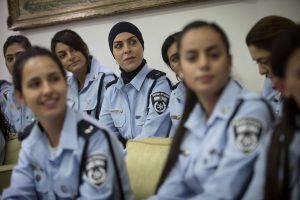

SDG 10-Equal Opportunity for Arab Israelis – Part 2
Reduced Inequalities Updated: November 2020 Part one of this series on the status of equality for Israel’s Arab community following the 2015 adoption of a
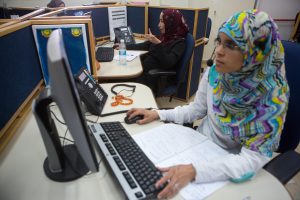

SDG 10- Equal Opportunity for Arab Israelis – Part 1
Reduced Inequalities Read Part 2 The Arab community in Israel has undoubtedly been underserved since the establishment of the State. While the challenge now is
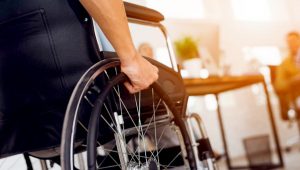

SDG 10- Creating Equal Opportunities for Persons with Disabilities
Reduced Inequalities According to the 2017 statistical report of the Commission for Equal Rights of Persons with Disabilities, over one million four hundred thousand persons with
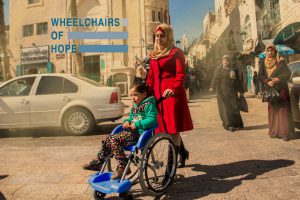

SDG 10- Wheelchairs of Hope – Enabling Future Generations
Reduced Inequalities Chava Rothstein and Pablo Kaplan were two business professionals at the top of their game in the corporate world when they decided it
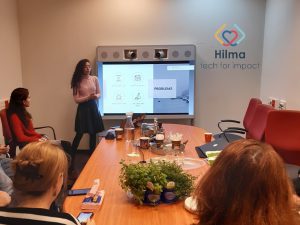

SDG 10- Hilma – Converging Hi-Tech and Social impact in Israel
Reduced Inequalities About Hilma Founded by Yossi Tsuria, Hilma is a hi-tech non-profit established in 2018. Hilma was launched as a collaboration of several
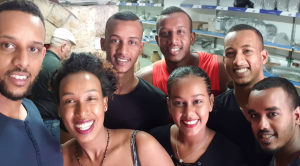

SDG 10- The Ethiopian Israeli Community – Part 1
Reduced Inequalities Updated: November 2020 Read Part 2 To kiss the earth of your Orit, the land of your childhood dreams, Only to be smeared
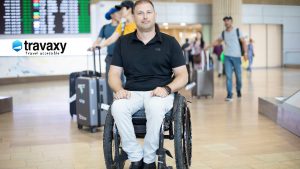

SDG 10- Travaxy – Equal Travel Opportunities for people with disabilities Never Felt So Right
Reduced Inequalities Whilst the travel industry has largely been put on hold due to the covid-19 pandemic, it’s an exciting and wonderful part of our
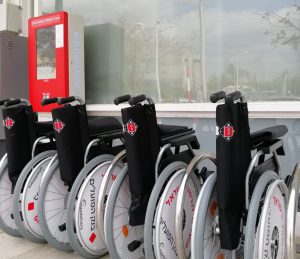

SDG 10- Wheelshare – Making the Future Accessible
Reduced Inequalities Imagine a world that is fully accessible for people with mobility challenges. Imagine a world designed without physical barriers so every human can
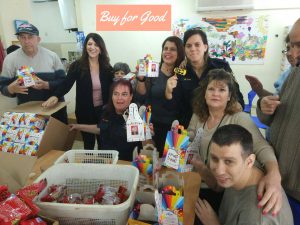

SDG 10- Buy for Good – Economic Empowerment of People with Disabilities
Reduced Inequalities If the highest form of charity is to give someone their independence, then Buy for Good must be the most charitable organization out
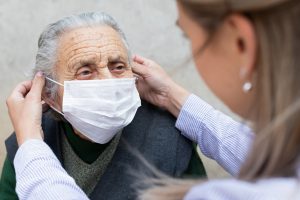

SDG 10- Protecting Elderly from the Second Wave
Reduced Inequalities In an earlier post, we focused on the challenges the elderly are forced to deal with in the face of the ongoing COVID19 crisis.
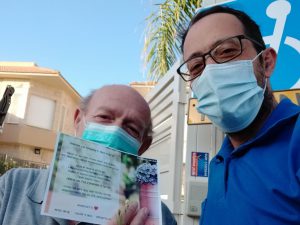

SDG 10- The Elderly, Still at Home
Reduced Inequalities The vast majority of Israelis have now returned, subject to health regulations, to their post-coronavirus routines: work places, schools, malls, beaches, fitness centers,
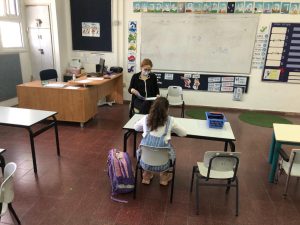

SDG 10-Emerging from Corona with Disabilities & Special Needs
Reduced Inequalities Following an approximately six-week shutdown, Israel is now accelerating measures restoring life to as close to the pre-coronavirus reality as possible. At the
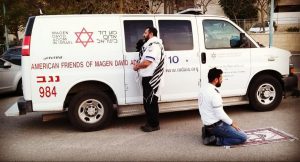

SDG 10-Raising Solidarity in Corona Fight
Reduced Inequalities Social Impact Under Corona – Part Six Read: Part One, Part Two, Part Three, Part Four, Part Five This week Israel marked its 72nd year of
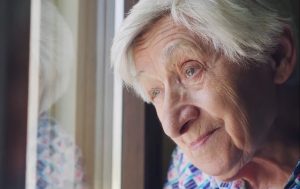

SDG 10-Volunteers for the Vulnerable to Corona
Reduced Inequalities Social Impact Under Corona – Part Three Read: Part one, Part Two, Part Four, Part Five, Part Six So many people require assistance in
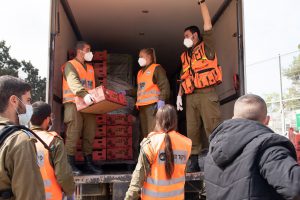

SDG 10- Social Safety Net against Corona
Reduced Inequalities Social Impact Under Corona – Part One Read: Part Two, Part Three, Part Four, Part Five, Part Six Israel’s commitment to social impact
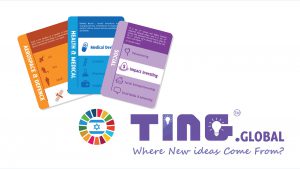

SDG 10- TING.Global — Games that Inspire
Reduced Inequalities One of the great ironies about the Start-Up Nation is that there still remain scores of citizens without access to technology because they
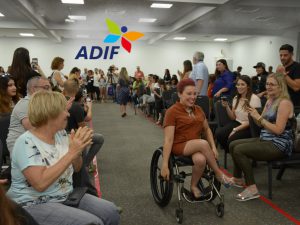

SDG 10- ADIF for Everyone
Reduced Inequalities In a wave of social entrepreneurship ADIF )preferable/better in Hebrew) has taken Israel by storm with its unique social club business structure. With
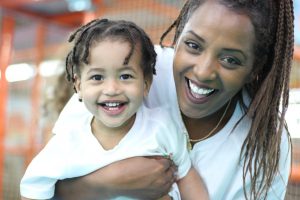

SDG 10- The Ethiopian Israeli Community – Part 2
Reduced Inequalities Read Part 1 With the ongoing efforts in Government to foster integration and equality among Israelis of Ethiopian descent, there is a vast
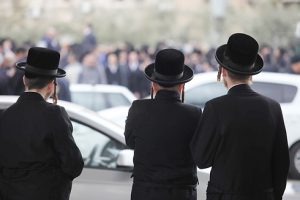

SDG 10- Breaking Glass Ceilings for the Ultra Orthodox in Israel
Reduced Inequalities There are about 830,000 Ultra-Orthodox Jews living in Israel, which comprises about 11% of the total population, and nearly 59% of Ultra-Orthodox families
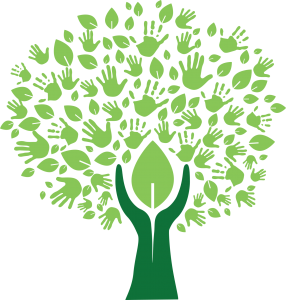

SDG 10- Israel’s Technological Solutions Creating More Inclusivity for the Disabled
Reduced Inequalities Israel’s Technological Solutions Creating More Inclusivity for the Disabled Take a look around Israel (it’s not a big country) and it isn’t hard


















